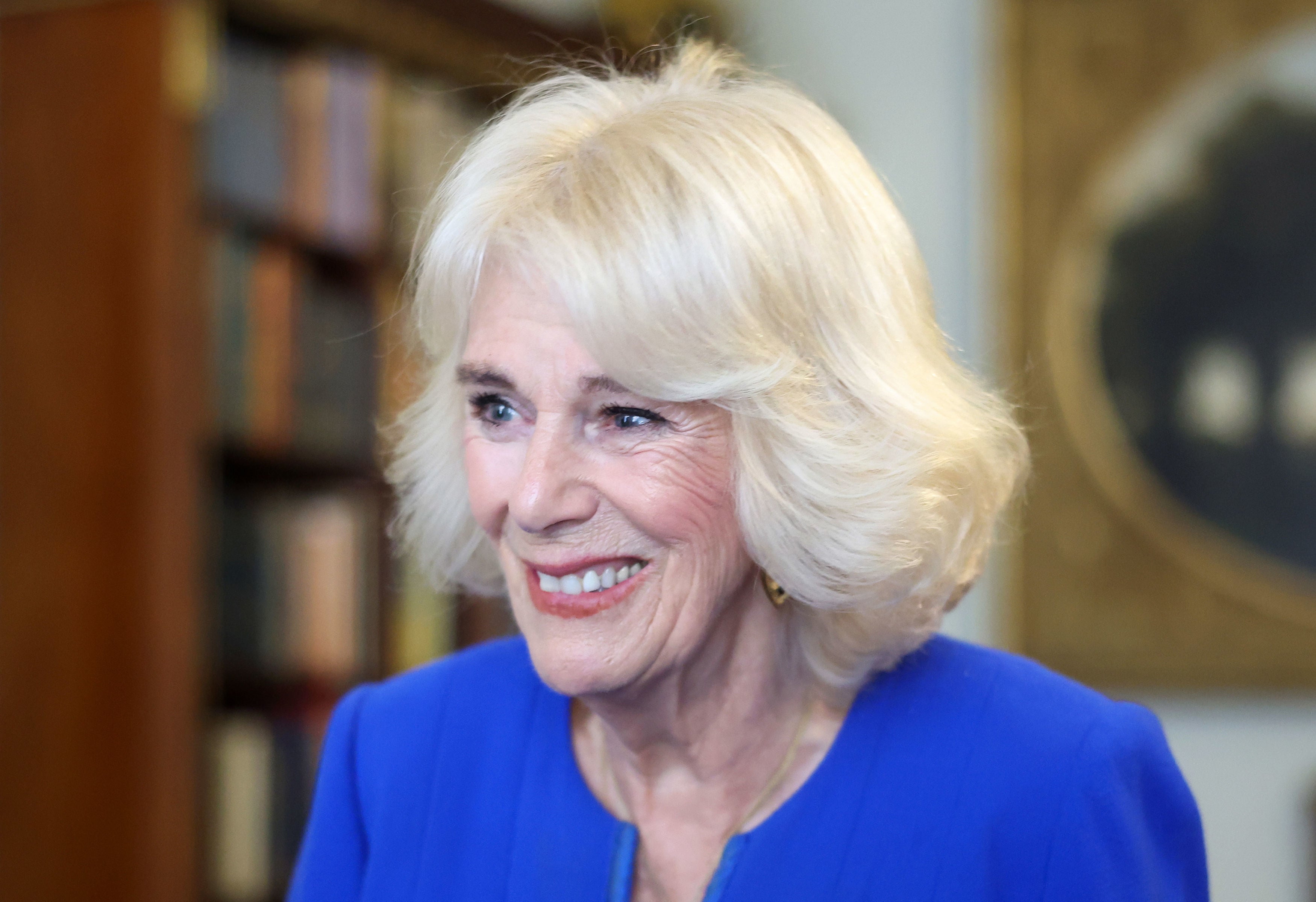Why the Booker Prize matters (and not just to winners like me)
It may be a reward for fiction, writes Ben Okri, who won it in 1991 for his novel ‘The Famished Road’ – but it has the power to shape the world of reality


Nobody who is shortlisted for the Booker Prize really loses. One of the most loved and prestigious prizes in the world, it has a sort of magic to it. And so when you come this far and make it onto the shortlist, there is really only winning. From here on, good stuff happens. The rest is up to you.
Twice every year – once in the middle, and once towards the end of the year – the Booker puts the world in a state to receive: first, 12 books on a longlist, then six on a shortlist, then one winning work of fiction. Every year, this ritual is repeated; regardless of what is going on in the world. And it is a ritual. A simple ritual in which a fairytale is enacted and the world is given a gift.
For some years, we have been fortunate to have as our patron a Queen who reads, who loves reading, and who also champions the right of writers to write freely and unfettered.
For a fairytale is not an unreal fact taking place in a real world. It is a transformative act taking place in a resistant world. Magic is only possible because reality is hard. And all fairytales take place against a background of what philosopher Arthur Schopenhauer would call the suffering of life. And that is the gift we are given every year: out of the suffering of life, out of the irresolvable conflicts, out of wars and injustice and grief and inequality, we are taken through the ritual of choice.
We are meant to look beneath the surface of six books and make a choice of the one that perhaps most resonates with the times and gives us the highest pleasures of the most excellent story freighted through the richest or most truthful language.
Prizes are always contentious, but the human estate is compelled to be mature enough to be able to make a choice. Choice is destiny. Among several courses, we must choose one. Among several possibilities for the development of a story, the movement of a line, the tendency of an equation, we must choose one.
Someone defined genius not as one necessarily having intelligence superior to the rest of us, but as one who, within the labyrinths of their work, can make the right and the highest choice. A thousand choices, but only one will do. Gustave Flaubert elevated the existential nature of choice in the bon mot. In every moment of composition, only one word will do.
We must choose each moment a destiny. The world must choose each day whether it wants peace or war, whether it wants more hate or a difficult reconciliation. It must choose whether it will effect more domination, or whether it will display respect and move towards cooperation. And so we pray that our leaders have the wisdom to make the best and most far-reaching choices on behalf of the citizens. Each moment now, we must choose whether it is a sustainable world we will create or an impossible one.
Literature is about choices, about consequences, about outcomes. Great storytelling reminds us that we have to effect a difficult transformation in a resistant world, in a world of things and beings that do not want to change, but upon whom the forces of change are operating with unavoidable inevitability.
This is why, in the inevitability of death and the intuition of some silent but ungraspable redemption, life is a fairytale that takes place in a mighty unknowing. That is why the coming together of writers in the Booker Prize community is especially moving.
We are part of a small galaxy of people who believe that the word redeems. I salute and thank you all, whatever work you perform in this vineyard of words and stories – and urge you, whatever is happening in the world, to not lose sight of the essential fairytale which is a point of light in the dark energy of it all.
Millions of other points of light are touched by the threads of stories you shape that connect us all in the great story of living.
I salute you veterans of the prize and you younger writers who are ascending the heights of the temple. We all belong to a unique fraternity. We are bonded by the fact that we take the word seriously. We know that stories told well and truthfully can shake the world and bring quiet liberation. We know literature is a force for good in an ever-darkening world.
This is an abridged version of a speech given by Sir Ben Okri, whose book ‘The Famished Road’ won the Booker Prize in 1991. The 2023 Booker Prize winner will be announced on Sunday, 26 November; watch live at 9pm on the Booker Prize YouTube channel






Join our commenting forum
Join thought-provoking conversations, follow other Independent readers and see their replies
Comments